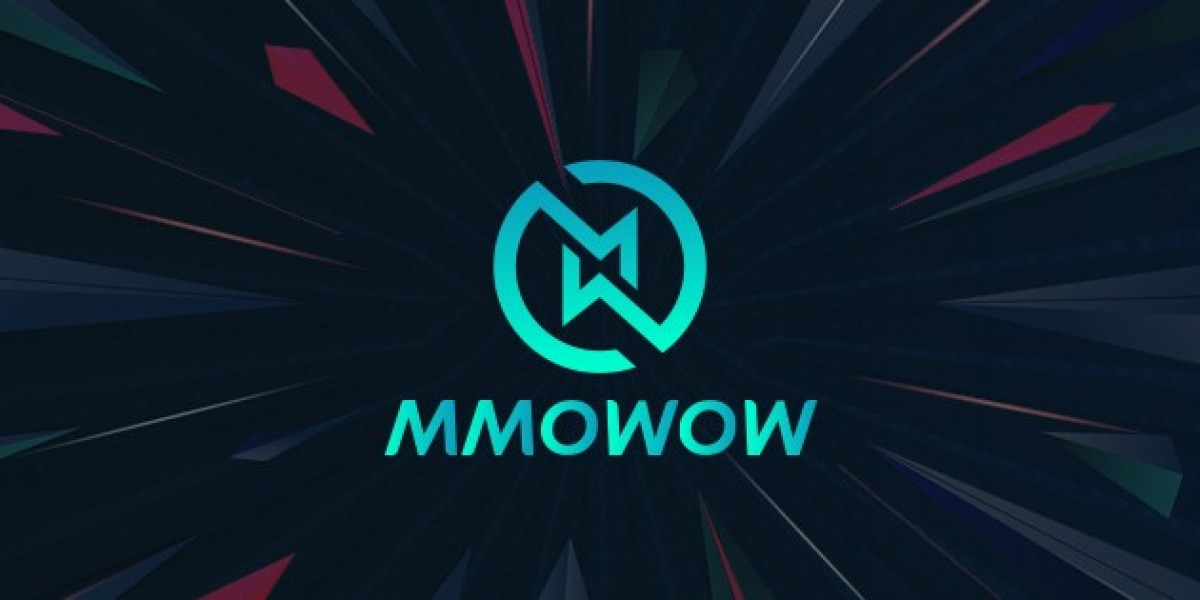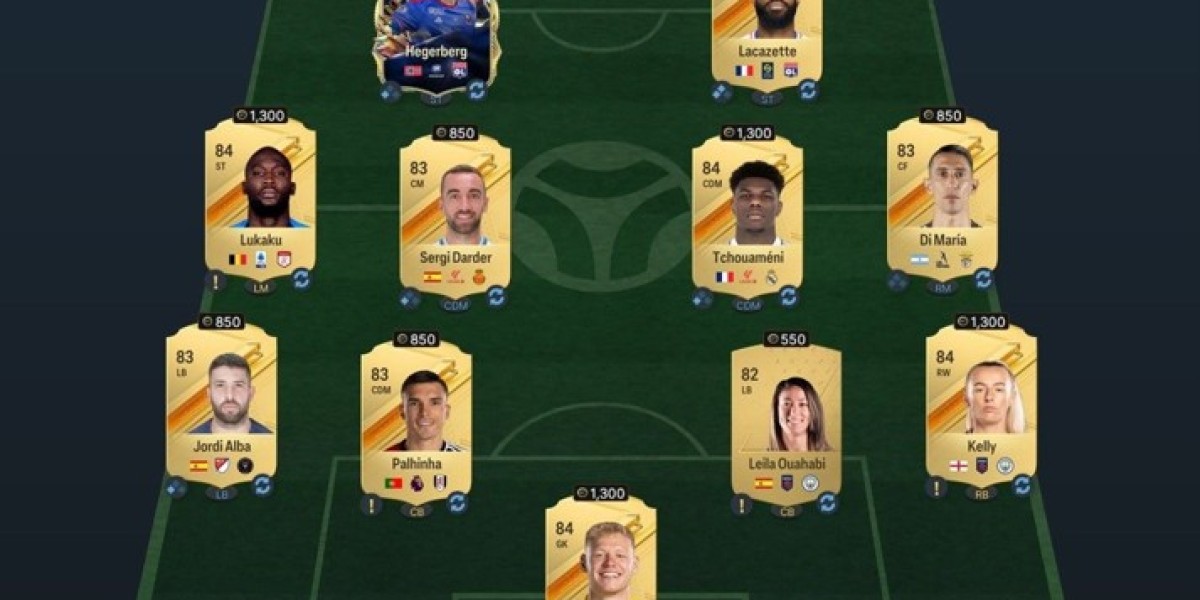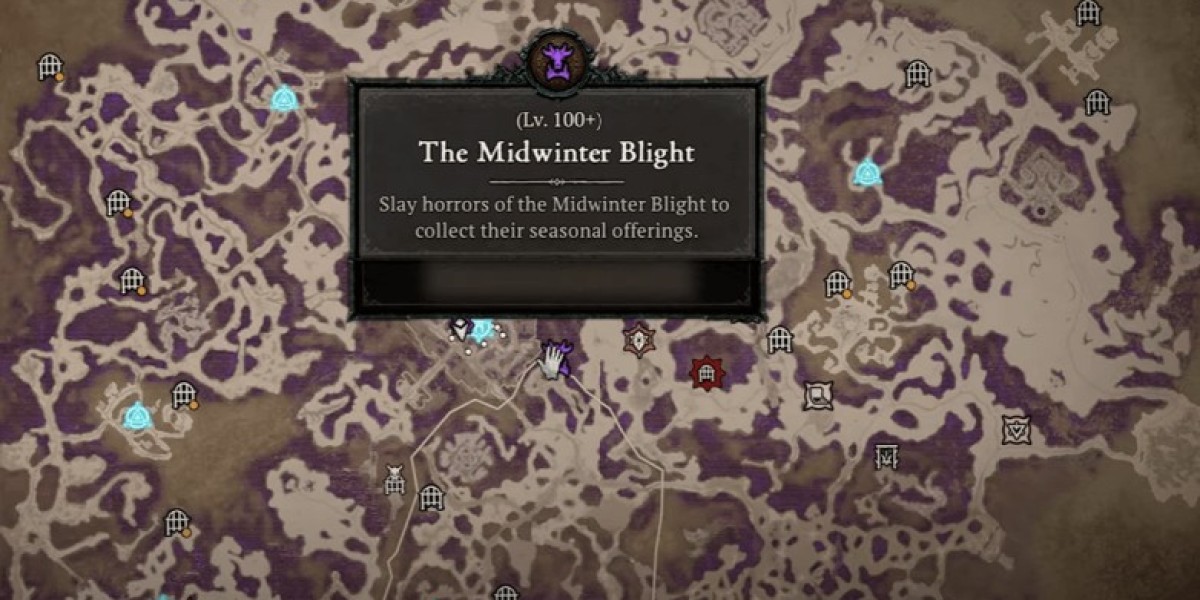In recent years, the concept of peer-to-peer accommodation rental has gained immense popularity, with platforms like Airbnb leading the charge. The success of Airbnb has inspired many entrepreneurs to venture into the online vacation rental market, with the desire to create their own Airbnb-like platform. In this article, we'll explore the essential features and functionalities of an Airbnb clone and provide a comprehensive guide for building your own.
Understanding the Market
Before diving into the development process, it's crucial to understand the market landscape and identify your target audience. Conduct thorough market research to assess the demand for vacation rental services in your target region and analyze the strengths and weaknesses of existing platforms. This will help you identify gaps in the market and tailor your Airbnb clone app to meet the needs of your potential users.
Key Features and Functionalities
1. User Registration and Profile Creation: Allow users to easily sign up and create personalized profiles, including basic information, profile pictures, and preferences.
2. Property Listings: Enable property owners to list their accommodations with detailed descriptions, high-quality images, pricing, availability calendars, and amenities.
3. Search and Filters: Implement robust search functionality with advanced filters to help users find accommodations that meet their specific criteria, such as location, price range, property type, and amenities.
4. Booking and Reservation Management: Facilitate seamless booking and reservation management, allowing users to book accommodations directly through the app, view booking details, and communicate with hosts.
5. Messaging and Communication: Provide a messaging platform for hosts and guests to communicate and coordinate their stay, ask questions, and address any concerns.
6. Reviews and Ratings: Enable users to leave reviews and ratings for accommodations and hosts, fostering trust and transparency within the community.
7. Payment Integration: Integrate secure payment gateways to facilitate online transactions, including credit/debit cards, PayPal, and other popular payment methods.
8. Notifications: Implement push notifications to keep users informed about booking confirmations, messages from hosts/guests, upcoming trips, and other relevant updates.
9. Admin Dashboard: Create an intuitive admin dashboard to manage user accounts, property listings, bookings, payments, reviews, and other administrative tasks.
Technology Stack
Choosing the right technology stack is crucial for the development of your Airbnb clone app. Here's a basic tech stack that you can consider:
Frontend: React Native or Flutter for cross-platform mobile app development.
Backend: Node.js, Express.js, or Django for building a robust backend server.
Database: MongoDB or PostgreSQL for storing user data, property listings, bookings, and other relevant information.
Payment Gateway: Stripe or PayPal for secure online transactions.
Cloud Hosting: Amazon Web Services (AWS) or Google Cloud Platform (GCP) for scalable and reliable cloud hosting.
Development Process
1. Planning and Wireframing: Start by creating a detailed project plan and wireframes to visualize the app's layout, features, and user flow.
2. UI/UX Design: Design a visually appealing and user-friendly interface that aligns with your brand identity and provides a seamless user experience.
3. Frontend Development: Develop the frontend of your app using the chosen framework (React Native or Flutter), ensuring cross-platform compatibility and responsiveness.
4. Backend Development: Build a robust backend server to handle user authentication, property listings, bookings, payments, and other core functionalities.
5. Integration and Testing: Integrate third-party APIs for features like maps, payment gateways, and analytics, and thoroughly test the app for functionality, performance, and security.
6. Deployment and Launch: Deploy your Airbnb clone app to app stores (Apple App Store and Google Play Store), and promote it through digital marketing channels to attract users.
Monetization Strategies
There are several monetization strategies you can explore to generate revenue from your Airbnb clone app:
Listing Fees: Charge property owners a commission or listing fee for listing their accommodations on your platform.
Transaction Fees: Deduct a small percentage from each booking transaction as a service fee.
Premium Features: Offer premium features and subscriptions for hosts, such as enhanced visibility, priority support, and advanced analytics.
Advertising: Partner with local businesses or travel brands to display targeted ads within your app.
Conclusion
Building an Airbnb clone can be a rewarding endeavor, offering the opportunity to tap into the lucrative vacation rental market and provide users with a convenient and personalized accommodation booking experience. By understanding the market, incorporating essential features and functionalities, choosing the right technology stack, and following a structured development process, you can create a successful Airbnb-like platform that attracts users and drives revenue.
Read More: - https://www.omninos.in/Airbnb-clone-app-development-company.php
Follow Us on Facebook: -https://www.facebook.com/omninosTechnologies
Follow Us on Twitter: -https://twitter.com/omninoss
Follow Us on Instagram: -https://www.instagram.com/omninosinsta/
Follow Us on Linkedin:- https://www.linkedin.com/company/omninos-solutions/
Address: - SCO 454 to 460, Sector 117, TDI South X2,Backside Star Hospital
Call US: +91 9988880293
Email US: -info@omninos.com








